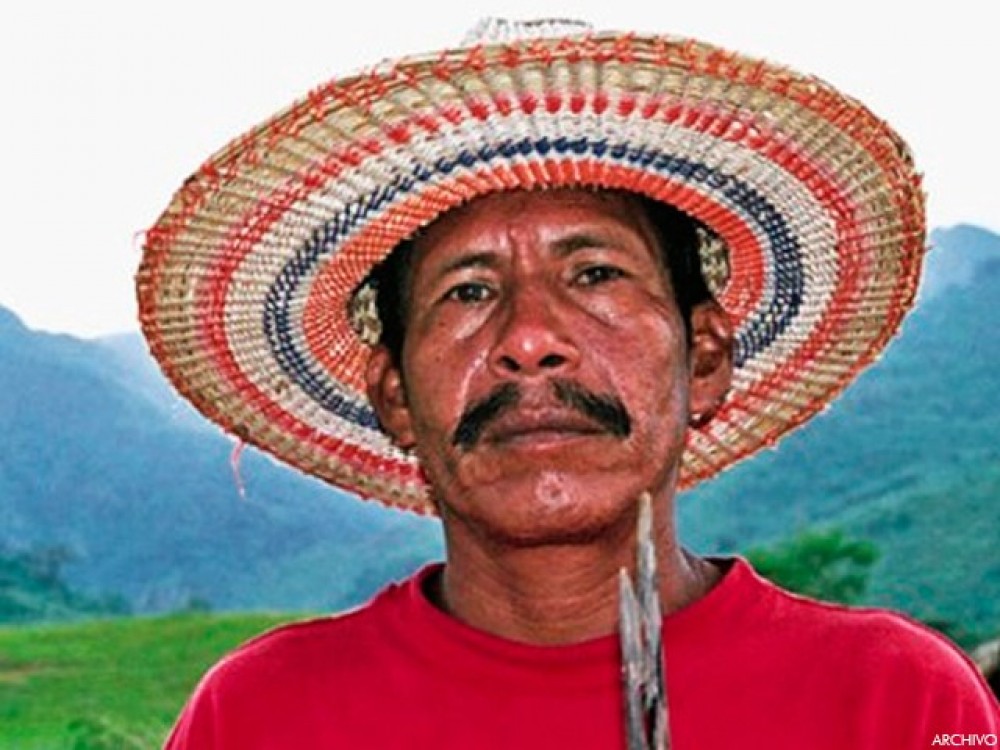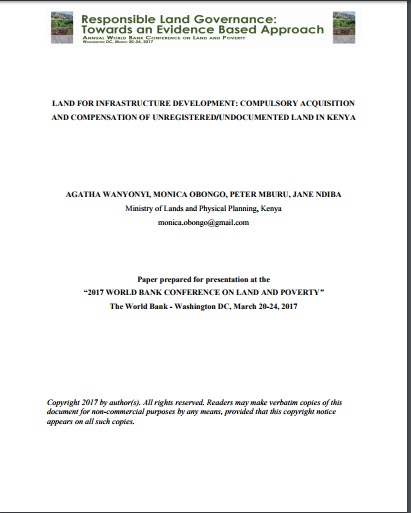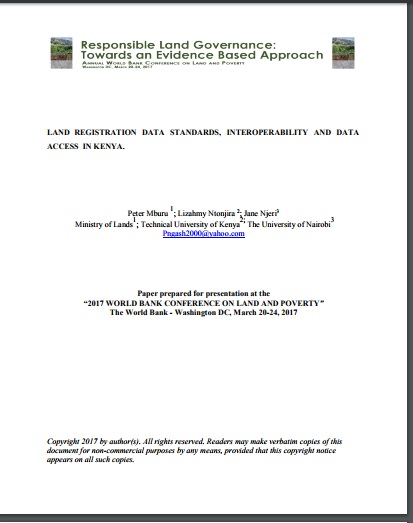Legal pluralism, gendered discourses, and hybridity in land-titling practices in Cambodia
This article describes and analyses the tensions, ambivalence, and hybridity that prevail in the nexus between discourses of gender and the legal pluralism of the new, formalized, and customary ways of handling land titles. Based on empirical research in Cambodia, it reveals a number of mechanisms, challenges, and inconsistencies in the practice of land-titling.





